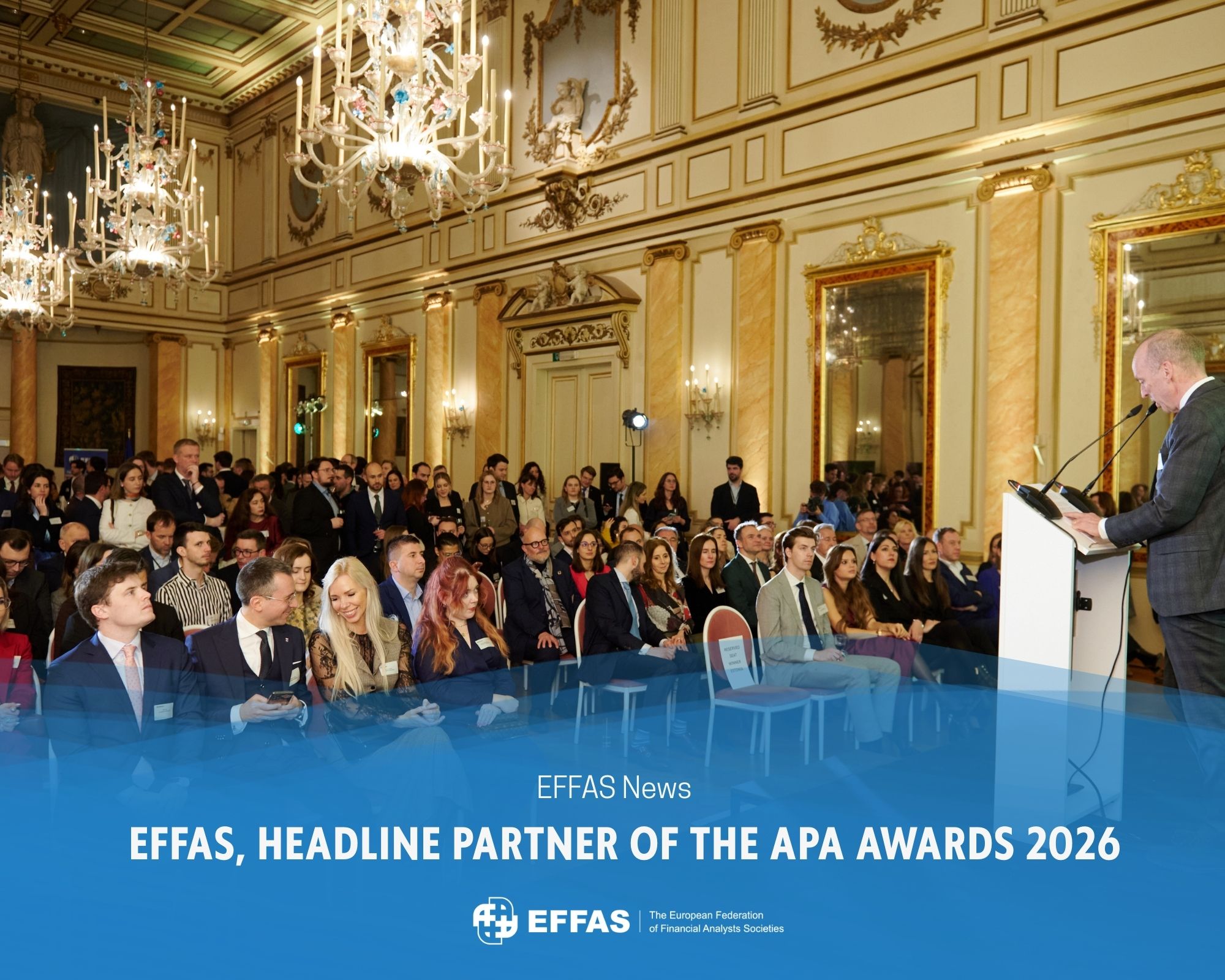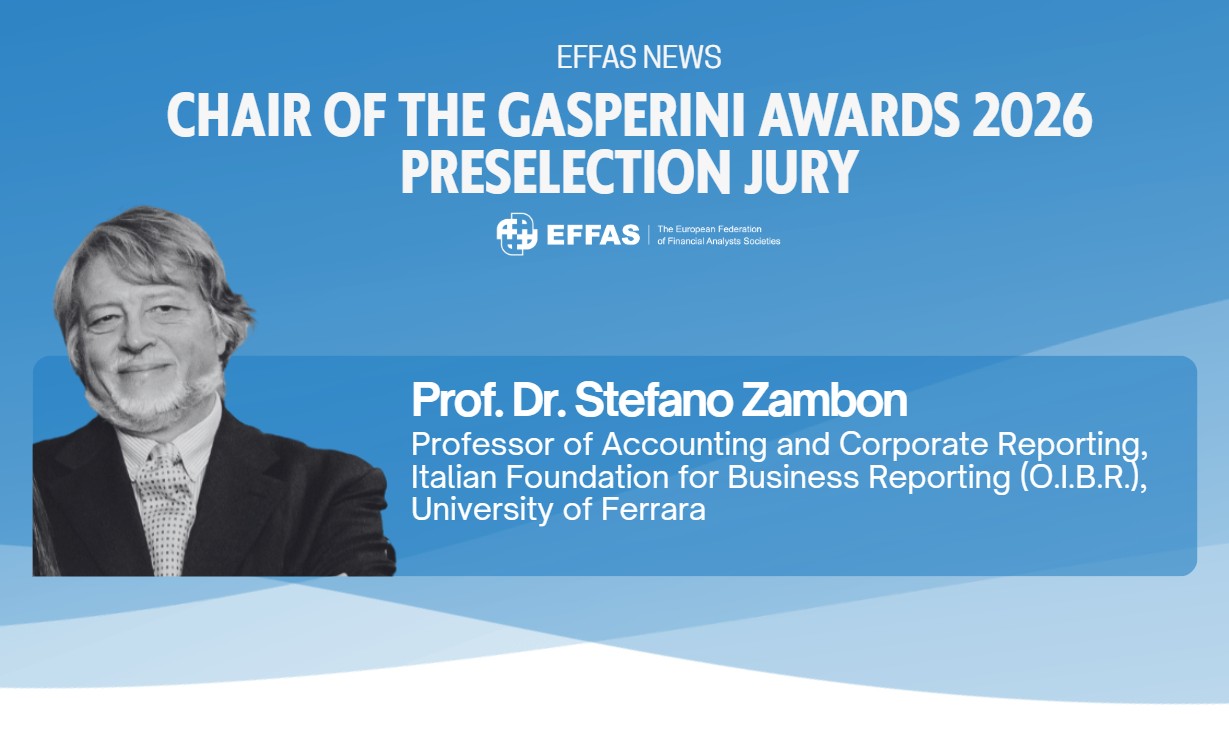Interview Gasperini ESG Awards 1st Place Winner, Adrian Lam.

Adrian Lam, co-author of the winning research study at the Gasperini ESG Awards, “Does Climate Change Affect Firm Output? Identifying Supply Effects,” was interviewed by Valeria Fauner, our Director of Training & Qualifications.
He shared his gratitude for the award and provided insights and knowledge about the topic related to the research study.
Winner Research Study
– 1° Does Climate Change Affect Firm Output?
Identifying Supply Effects.
Interview: Adrian Lam, 1st Place Winner
Interviewer: Welcome and congratulations on winning the prestigious Gasperini ESG Award! Before we dive into your work, could you please introduce yourself to our audience?
Winner: My name is Adrian Lam. I am a Clinical Assistant Professor of Finance at the University of Pittsburgh. My coauthors Cláudia Custódio is Associate Professor of Finance at Imperial College Business School, Miguel Ferreira is Professor of Finance at Nova School of Business and Economics, and Emilia Garcia-Appendini is Senior Research Fellow at the Norges Bank.
Interviewer: What was the focus of the paper or article that earned you this honour?
Winner: Our paper, “Does Climate Change Affect Firm Output? Identifying Supply Effects” is an empirical paper that examines whether changes in local temperature affect firm sales. By making use of highly granular climate data and supply chain data in the United States, we find that – after controlling for demand side effects – a 1˚C increase in average temperature lowers sales by approximately 2.5%. We show this effect is driven by labor productivity, financial constraints, operational flexibility and switching costs. Our findings highlight the role of the supply side effects of climate change, and the types of firms that have difficulties in adapting to climate change.
Interviewer: That sounds incredibly impactful. What inspired you to explore this particular aspect of ESG?
Winner: While it is generally agreed that global temperatures will rise by 2˚C by the mid-21st century, the economic impact of climate change is less clear. While a number of studies show that temperatures affect macroeconomic output and plant- and worker-level performance, the evidence on firm sales is mixed. Our guess is that both demand and supply side factors affect firm sales, so looking directly at how temperatures affect firm sales may lump these effects together. To identify the supply side effects, we have to explicitly control for demand. So we started exploring ways to empirically address this challenge!
Interviewer: Winning the Gasperini ESG Award is a significant achievement. What does this recognition mean to you and your research?
Winner: We are immensely honoured and we greatly appreciate the award. This award highlights the impact that our work can make, and shows that we can bridge the academic and practitioner frontiers. I firmly believe that it should be a collective effort among academics, practitioners, policymakers and the wider public to address and overcome the ESG challenges, and this is a great step towards this direction.
Interviewer: How do you think your work contributes to the broader goals of the European Federation of Financial Analysts and the ESG community?
Winner: First, our paper provides evidence on a supply side effect of climate change on firm output. Second, we provide evidence on how labour productivity, financial constraints, operational adaptability and switching costs affect firms ability to adapt to climate change. Our results highlight the economic and financial consequences of a changing climate, and provide some directions for investment professionals as to where they can exert their impact in helping firms adapt to the challenges posed by climate change.
Interviewer: What challenges did you face during your research, and how did you overcome them?
Winner: One of the key challenges was to find an empirical setting that enables us to explicitly control for demand-side effects, which was intellectually demanding. We managed to obtain sales data in production networks such that we can apply a novel and powerful empirical strategy that serves our purpose. Another challenge was that the climate data was massive, which took us quite some time to clean but we have also learned a lot along the way!
Interviewer: Looking ahead, what are some areas within ESG that you believe need more attention or research?
Winner: I think it is a priority to understand the economic impacts of ESG risks, and the strengths and limitations of private incentives in addressing and overcoming the sustainability challenges we face. Without clean and precise measures of impact, it is not clear what action or strategy works, and what doesn’t. Without this information, it will be very difficult to design adaptation strategies.
Interviewer: Finally, what advice would you give to aspiring researchers and analysts who are interested in ESG issues?
Winner: ESG encompasses a wide range of topics and is highly interdisciplinary. People from different fields work on ESG research, so significant progress can be made over a short period of time. I think it is important to keep ourselves up-to-date on recent developments, so we can stand on the shoulders of the giants and push the knowledge frontier further, together. It is also crucial to be connected with the community – business professionals, policymakers, non-profits and academics – as it helps stimulate and sense-check ideas, and as I said, I believe it is a collective effort to address the ESG challenges ahead.
Interviewer: Thank you for sharing your insights with us today and congratulations once again on your well-deserved win. We look forward to seeing how your work will continue to influence the ESG landscape.
Winner: Thank you for the kind words, and thank you for the recognition. We appreciate the opportunity to discuss the findings and implications of this paper. We will continue with our work and hopefully can continue with making an impact!
- About EFFAS
EFFAS is a Not-for-profit organisation set up in 1962 with 14 national member associations in Europe, representing more than 16,000 Financial analysts, Asset managers, pension fund managers, corporate finance specialists, risk managers, treasurers among many other professional profiles from the investment profession. EFFAS is a certification body for finance with over 24,400 certificate holders worldwide. https://effas.com/






